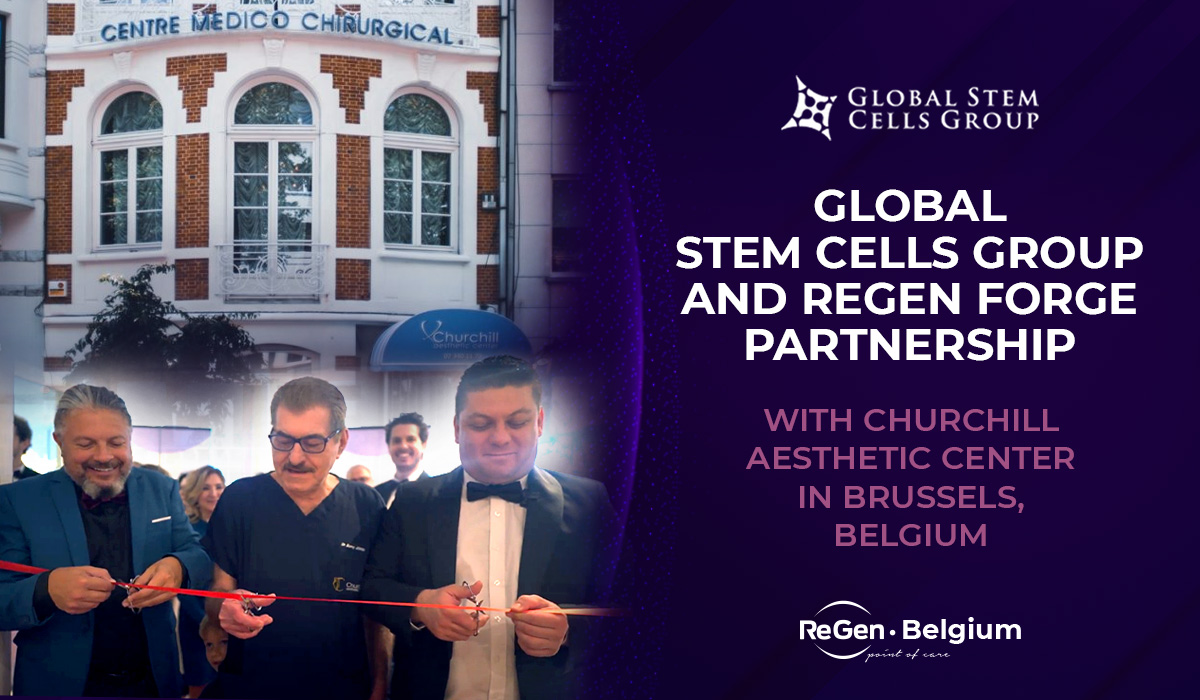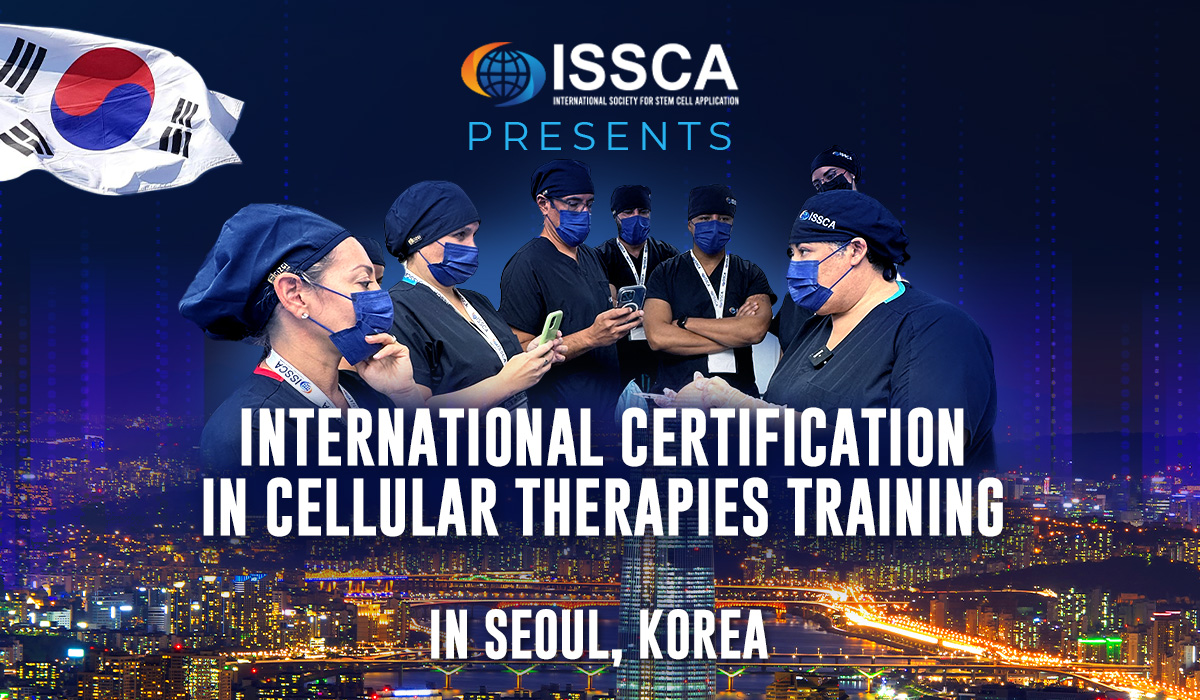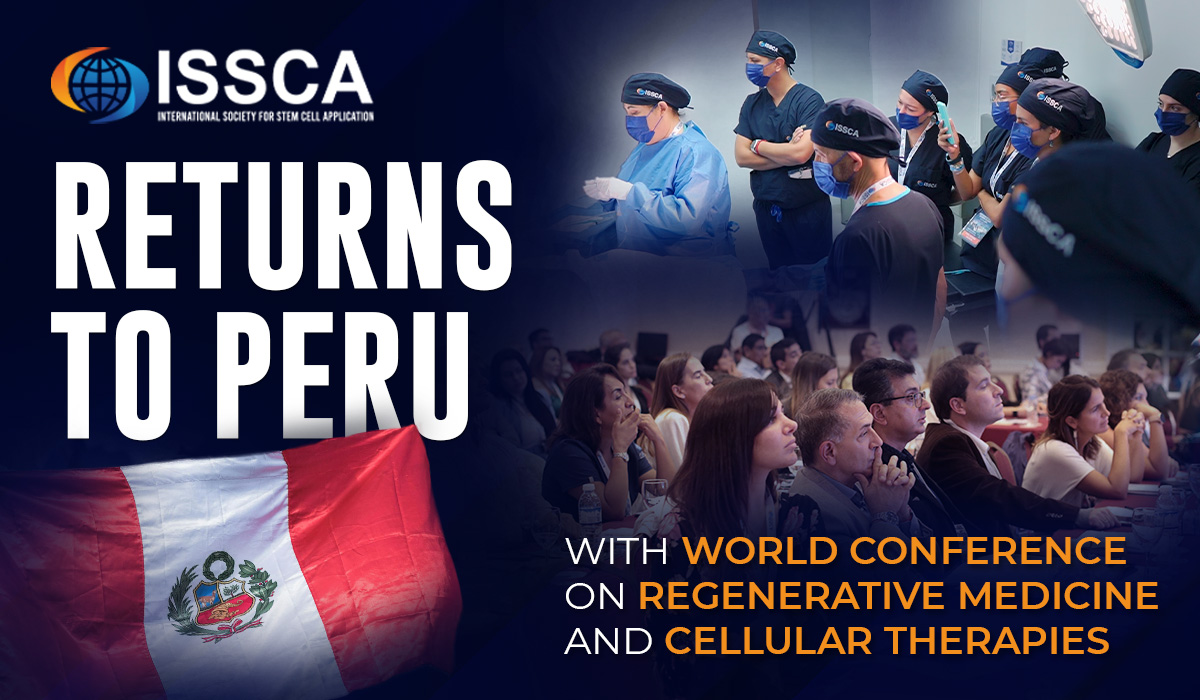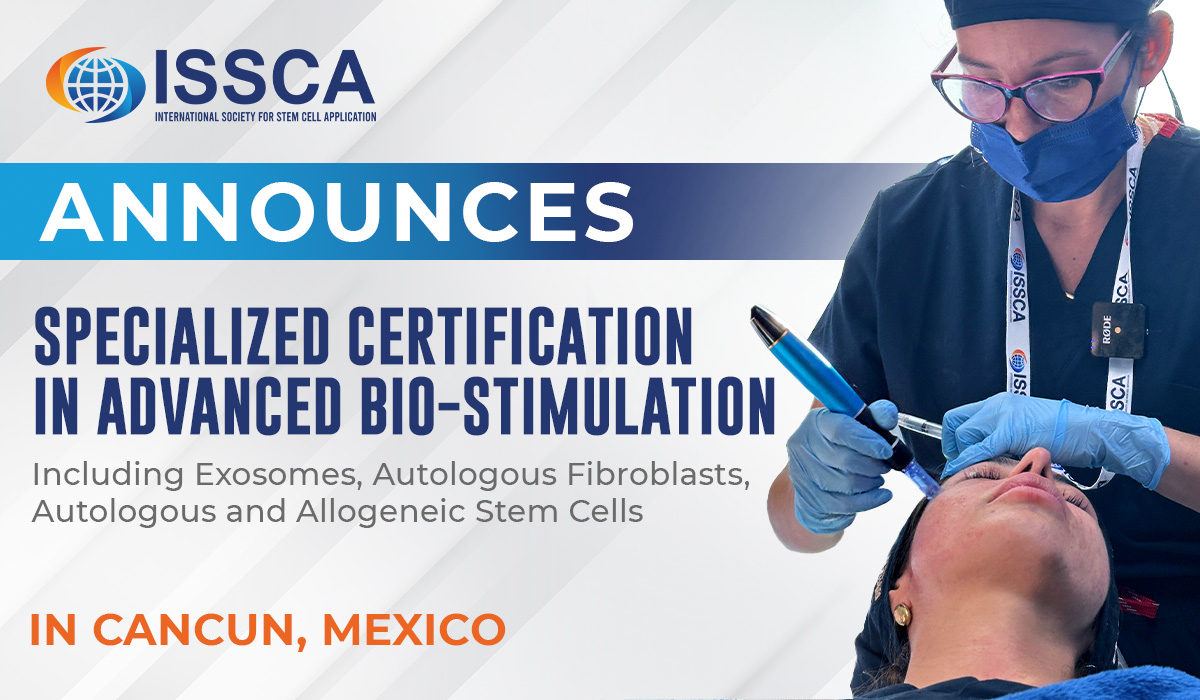SUNDAY, 28 AUGUST 2016 / PUBLISHED IN BLO
Stem cell medicine leverages the body’s innate ability to heal itself, offering alternatives to conventional drugs and invasive surgeries. Stem cell therapies involve engineering human stem cells to repair or restore damaged organs and tissues, aiming to reinstate normal function.
Types of Stem Cell Therapies
Stem cell therapies encompass a range of approaches, including progenitor cells like those used in bone marrow transplants and cellular products such as platelet-rich plasma (PRP). While PRP and progenitor cells have been extensively used in clinical settings, stem cell therapies are rapidly advancing to address various medical conditions.
Autologous vs. Allogeneic Stem Cells
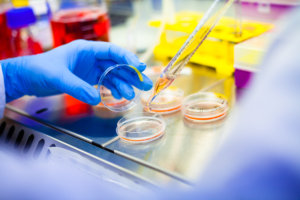
Stem cell treatments typically fall into two categories:
Autologous Stem Cells
Derived from the patient's own body, autologous stem cells are used exclusively for the patient's benefit. This approach minimizes the risk of rejection and allows for immediate treatment without the need for donor matching. Common sources include bone marrow and adipose tissue, facilitating therapies ranging from orthopedic conditions to wound healing.
Allogeneic Stem Cells
Harvested from donors, allogeneic stem cells undergo rigorous testing for diseases and are often cultured to increase cell counts. These stem cells, regulated under strict FDA guidelines, hold potential for large-scale production and widespread therapeutic applications across diverse patient populations.
Understanding Stem Cell Types
Adult Stem Cells (ASCs)
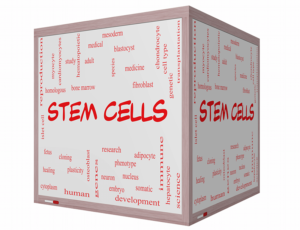
Found in various tissues, adult stem cells replenish dying cells and regenerate tissues like bone, cartilage, and adipose tissue. Over 2,000 clinical trials worldwide have explored their therapeutic potential, primarily from bone marrow and adipose tissue sources.
Induced Pluripotent Stem Cells (iPSCs)
Derived from adult cells, iPSCs are genetically reprogrammed to exhibit pluripotency, meaning they can differentiate into any cell type. Despite their versatility, iPSCs carry higher risk profiles compared to adult and embryonic stem cells.
Embryonic Stem Cells (ESCs)
Derived from human embryos, embryonic stem cells are a subject of ethical debate but remain vital for understanding regenerative processes and advancing medical research.
Types of Adult Stem Cells
Bone Marrow Stem Cells
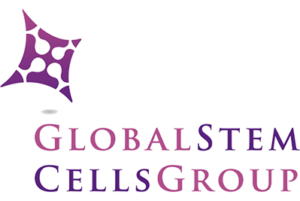
First identified in bone marrow, these stem cells play crucial roles in healing bones and replacing blood cell types. FDA-approved under specific conditions, their use requires meticulous lab cultivation and regulatory oversight.
Adipose-Derived Stem Cells
Discovered in fat tissues, adipose-derived stem cells (ADSCs) can differentiate into diverse cell types, revolutionizing fields from plastic surgery to regenerative medicine.

